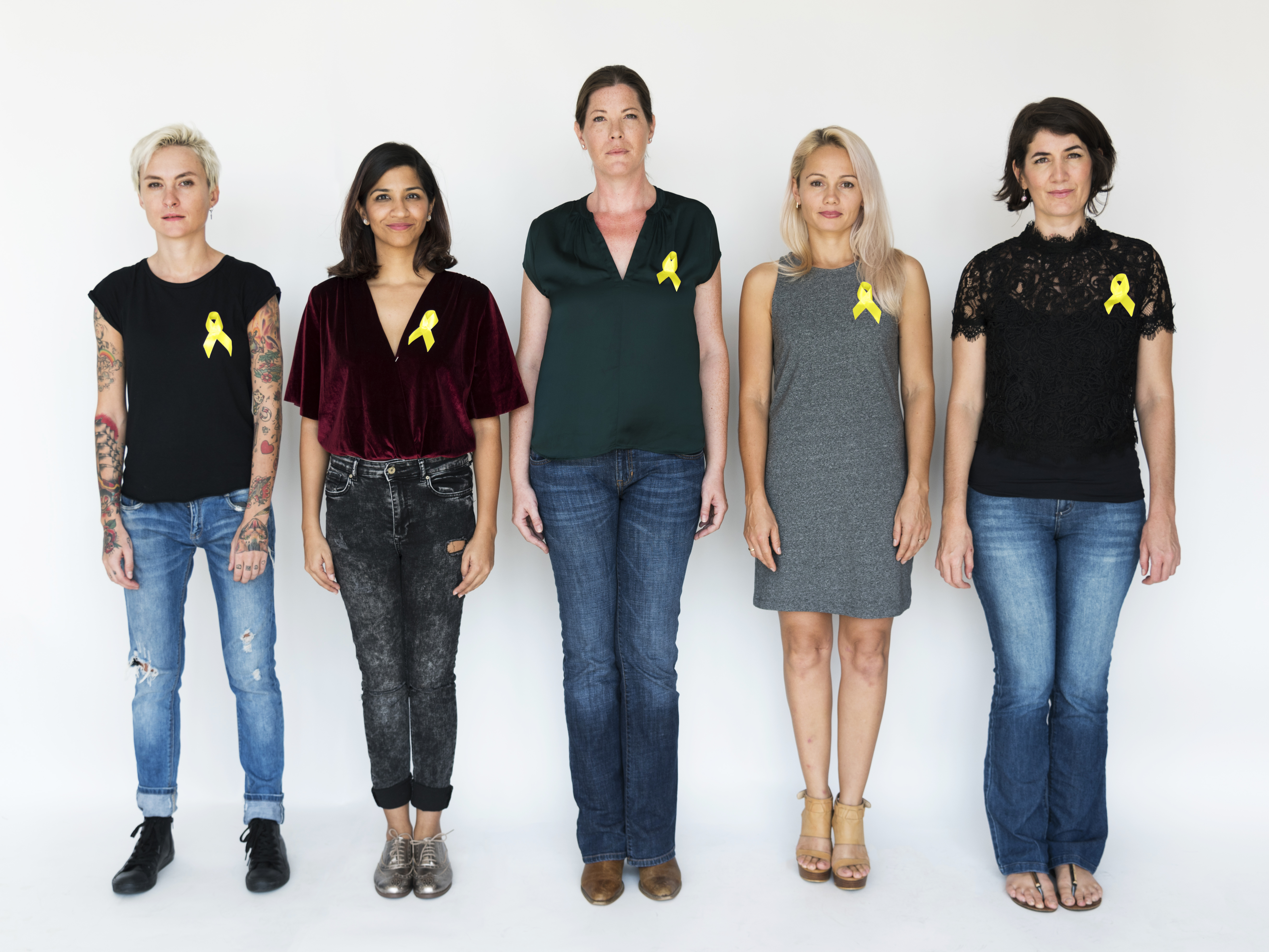Recently, the Orlando International Airport experienced an unpredictable tragedy: 36-year-old Robert Henry, a TSA agent at MCO, jumped from a Hyatt Regency balcony overlooking the fountain and interior space of the airport’s signature atrium, where the entrance to the TSA checkpoint funnels, and fell to his death. Rep. Darren Soto noted in a tweet that Henry’s death comes after TSA agents worked through a partial government shutdown without pay. Henry had worked for TSA since September 2006.
To say the least, suicide is a difficult subject to discuss. To understand the thought process of someone who has reached the point where they feel that they have no options, nowhere and no one else to turn to, and no one to ask for help, is something that even the best psychologists still struggle to manage. Even today, where mental health is becoming something that is more prioritized in schools and in the workplace, there are still many gaps that need to be filled when it comes to communal response to tragedy and prevention.
“Suicide has a number of complex and interrelated and underlying contributing factors … that can contribute to the feelings of pain and hopelessness,” the World Health Organization (WHO) noted on the subject.
It is currently estimated that one million people per year die by suicide or about one person in 10,000 (1.4% of all deaths). The number of people who die by suicide is expected to reach 1.5 million per year by 2020. Suicide is also the “most common cause of death for people aged 15-24.”
Mass media on the subject, such as the popular Netflix show and best selling novel, 13 Reasons Why, has been widely criticized by mental health professors as “glamorizing” the act of suicide, especially toward an impressionable generation of teenagers and young adults who might not be able to grasp the act of suicide in its entirety.

So, as the general public, what can we do to combat this? First and foremost, it’s important to remember this number: 1-800-273-8255. This is the number for the National Suicide Prevention Lifeline, a source for “24/7, free and confidential support for people in distress, prevention and crisis resources for you or your loved ones, and best practices for professionals.” This hotline can help get you or loved ones in touch with valuable counselors in your local area, as well as offer the kindness and support needed in such a dire situation that might be just enough to make the difference between making the choice to end your life and finding the help you need.
The Lifeline also features a variety of volunteer opportunities, including volunteering at a crisis center and helping on the Lifeline’s social media platforms. Volunteers are trained on how to respond to those who appear to be at risk for suicide in a timely matter and learn when to call 911.
Suicide is a tragedy, and there’s no getting around that. Perhaps the most important thing that all of us can do as individuals is to remember to be kind to one another. In a world ruled by social media and the consumption of an artificial livelihood of the people we see online, we are becoming increasingly isolated from one another. It’s easy to ignore problems that seem like they don’t directly impact you as an individual. It’s also easy to cut people out of your life when they become difficult or no longer serve a purpose to you, especially if they are in a situation that you as a friend or family member feel like you do not know how to deal with.
However, it is more important now than ever to remember to reach out and take the hands of those who are struggling. That one “Are you okay?” text or phone call to reach out to someone can sometimes be the bridge between life and death. These small actions can make a lifetime of a difference, especially when it reminds someone that they are never really alone.
In memory of Robert Henry.

